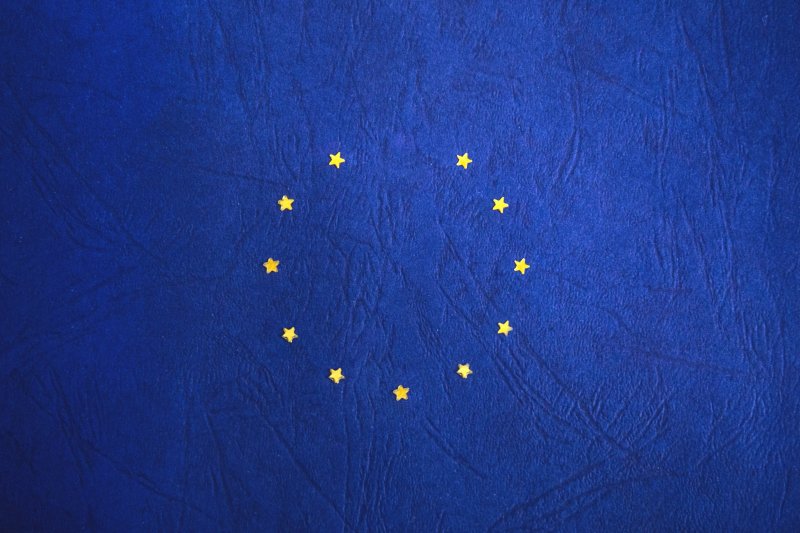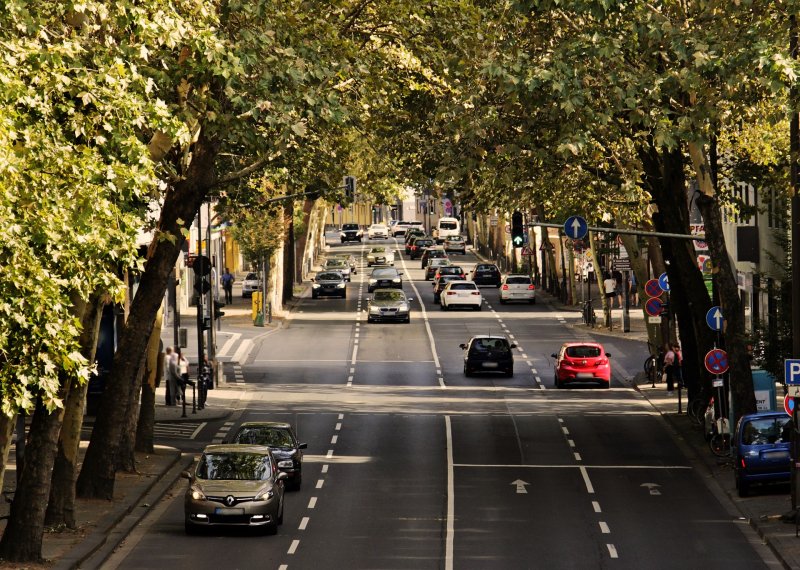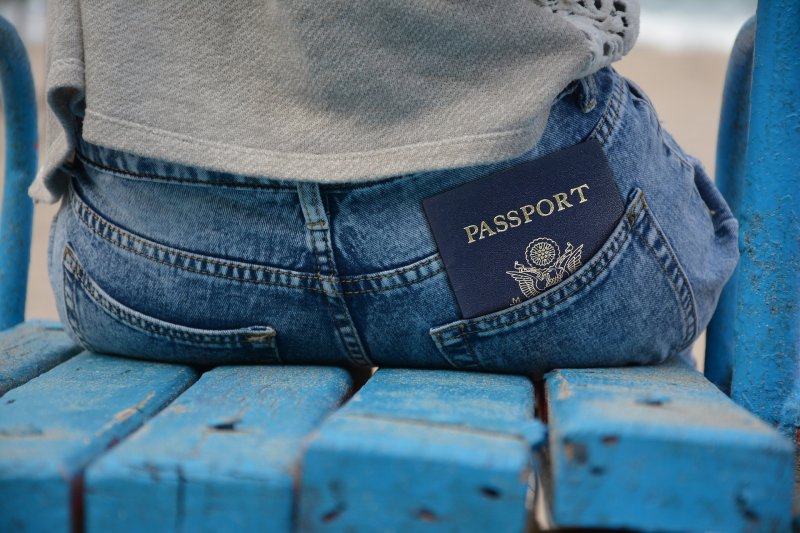How is Brexit going to affect travel in Europe? Find out what we can expect after the 12th of April 2019 - the facts, the predictions, the speculations and more.
Britain's decision to leave the European Union shocked the world, along with almost half of the British population. With the 'Leave' vote winning with just a 51.9% majority on the 23rd of June 2016, the remaining 48.1% of British voters (and the rest of Europe) woke up to face a whole new dilemma: Brexit. The famous saga has now been dragging out for many months, and at the time of writing, we are still not sure if Britain will have a deal or no-deal exit from the EU. But, how is Brexit going to affect travel to the UK, or for UK nationals wanting to travel to the rest of Europe? HostelsClub has done the research for you, to find out what we can expect after the 12th of April 2019 - the facts, the predictions, the speculations- here are the important things you need to know about Brexit and Travel.

FLIGHTS: EXPECT SOME CHANGES AND CANCELLATIONS
Flights have been a hot topic among many travellers planning to make a trip to or from the UK next year. It has been confirmed that flights will continue to run between the UK and the rest of Europe, but the number of flights running between the UK and other countries cannot increase from those running in 2018. So, if there were 300 flights running between London and Rome per month in 2018, there can be no more than 300 per month in 2019. This means that we can expect many flights to be cancelled, as airline carries have announced many new flights for 2019 that now might not be able to run. Make sure you keep an eye on any flights you have going between the EU and the UK in 2019 and don't expect to be compensated if they are cancelled. Many travel companies, including airlines, have introduced a 'Brexit Clause' into their Terms and Conditions, stating that they are 'not at fault for any losses caused by Brexit'. It is also possible that many budget airline carries will start to invest in more profitable routes that don't run to or from the UK, predicting that if the British economy slumps post-Brexit, there will be fewer workers and travellers using these routes (making airline fairs more expensive). In other words, if you've been planning that weekend city break in London, now might be the time to go!

DRIVING: MORE PERMITS MIGHT BE NEEDED
Currently, anyone holding a European driving licence is able to drive with their country's license anywhere in Europe. From the 30th of March 2019, UK drivers will need extra documentation to drive in the EU and the EEA. In the event that the UK leaves the EU without a deal, drivers might also have to buy one or more different International Driving Permits (IDP) depending on the countries that they're planning to visit. There's still little information available regarding EU licences validity in the UK, but we're sure to get updates soon. There have also been many questions about the ease of exchanging a UK licence for an EU licence (something that is currently quite easy to do), although many people have said that this should continue to be the case. But, as with all things Brexit-related, we're expecting some surprises.

TRAVELLING TO AND FROM THE UK: POSSIBLE RESTRICTIONS ON FREE MOVEMENT
Perhaps the biggest issue on people's mind is how travelling to and from the UK will be affected. Currently, European citizens within the Schengen zone have the right to free movement between countries for work, travel or else. Although passports are checked at flight arrivals and departures, most people can drive between countries within the EU and not show their documents unless they are specifically requested. From the 29th of March 2019, UK residents might not have the benefits of free movement as they did before. They will most likely have to have at least 6 months validity on their passports (which will change in colour from burgundy to dark blue October 2019) if they wish to travel abroad, and will be subject to more checks and controls. Perhaps the biggest symptom of this change will be some serious border delays, with more manual passport checks having to be done. Another big change is going to occur in 2021, where non-EU nationals (but those who do not require a visa) will need to apply for prior authorisation before entering the EU Schengen Zone, using an ETIAS (European Travel and Information System) before travelling, said to be at a cost of 7 euro every three years. This procedure, however, was set in place before the British referendum.

HEALTH INSURANCE AND EMERGENCIES: CHECK YOUR INSURANCE PLAN
Currently, any EU traveller in possession of an EHIC card (European Health Insurance Card) has access to free or reduced medical care in any EU country. But, worryingly, this EHIC card could lose validity in the case of a no-deal Brexit. The EU and UK could strike some kind of deal allowing travellers to have medical care access within the EU and the UK, but nothing seems to have been decided yet. All travellers are recommended to check that they have emergency health care services covered as part of their insurance plan.

DATA ROAMING CHARGES: COMPETITION SHOULD KEEP RATES DOWN
The recently EU ban on roaming charges for using phone and internet abroad will no longer apply for those with UK mobiles. This means that tariffs could go much higher seeing as phone carriers are no longer restricted, although competition is likely to keep them down (hooray!). The chief executive of Three, Dave Dyson, says the company is ‘committed to maintaining the availability of roaming in the EU at no additional cost following Brexit’. In either case, any changes to your data roaming will happen at the end of the transition period on the 31st of December 2020, if at all. What about Europeans coming into the UK for a holiday? The jury seems to still be out on that, but it could be that some reciprocal agreements are organised among the phone companies so that everyone can enjoy roaming-free phone access - we hope!

So, having said all that, it's clear that there's a lot still up in the air when it comes to Brexit and Travel. But there is one thing we can be sure of - it's easier and cheaper to travel to the United Kingdom now, rather than later!
Check out the best hostels available in the UK by inserting the city you want to visit in the form below!





